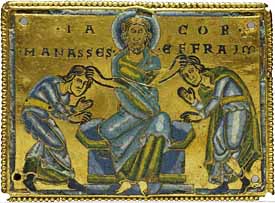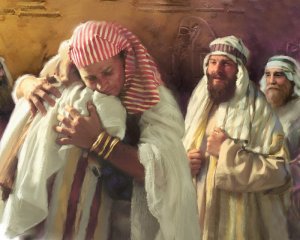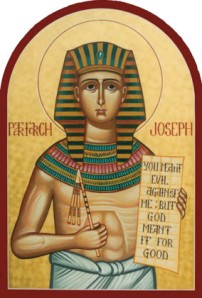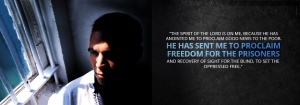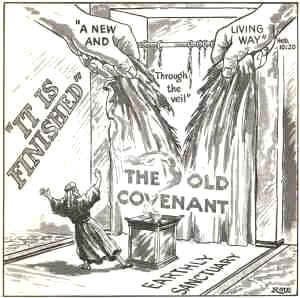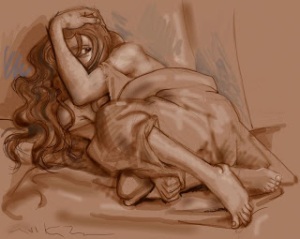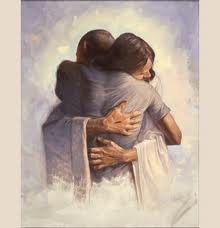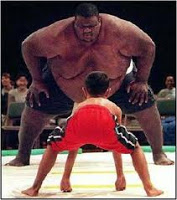“And Israel said unto Joseph, Behold, I die: but God shall be with you, and bring you again unto the land of your fathers”
It’s been several months since I’ve written anything, and for that abrupt stop I apologize. While I love writing about God’s word, there was another writing project that needed my full attention. But that is done, and I’m back.
So today, when I cracked open my Old Testament again, I saw these words of Jacob/Israel before he blessed the two sons of Joseph, and I fell in love again:
“And now thy two sons, Ephraim and Manasseh, which were born unto thee in the land of Egypt before I came unto thee into Egypt, are mine; as Reuben and Simeon, they shall be mine.”
Israel is claiming Ephraim and Manasseh as his own sons. This is what God does. He claims us.
Even when we have children, in a way, they really aren’t ours, are they? God, through the suffering of His Son, has claimed them as His own. And I’m more than okay with that. We are all, first and foremost, children of God, our Father. And not only is He okay with that, but Jesus sacrificed and bleed and gave everything so that we could be a family. Under God, parents and children, all humankind is equal.
It’s nice to be wanted.
And so I start this new year with some of Jacob’s last words: “Behold, I die: but God shall be with you, and bring you again unto the land of your fathers.”
Parents, children–those around us will eventually die. But, God with with us, and He will bring us back home, where those parents and children will be waiting for us. God is with us.

